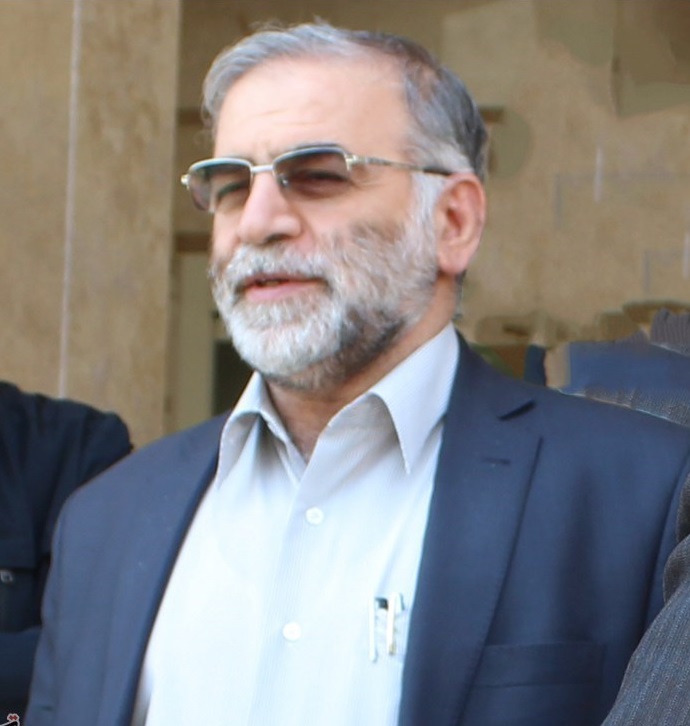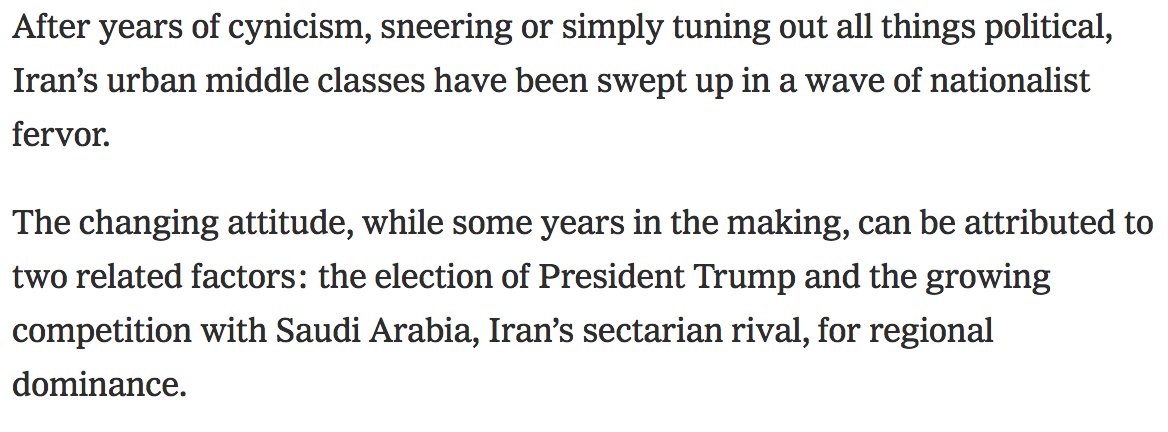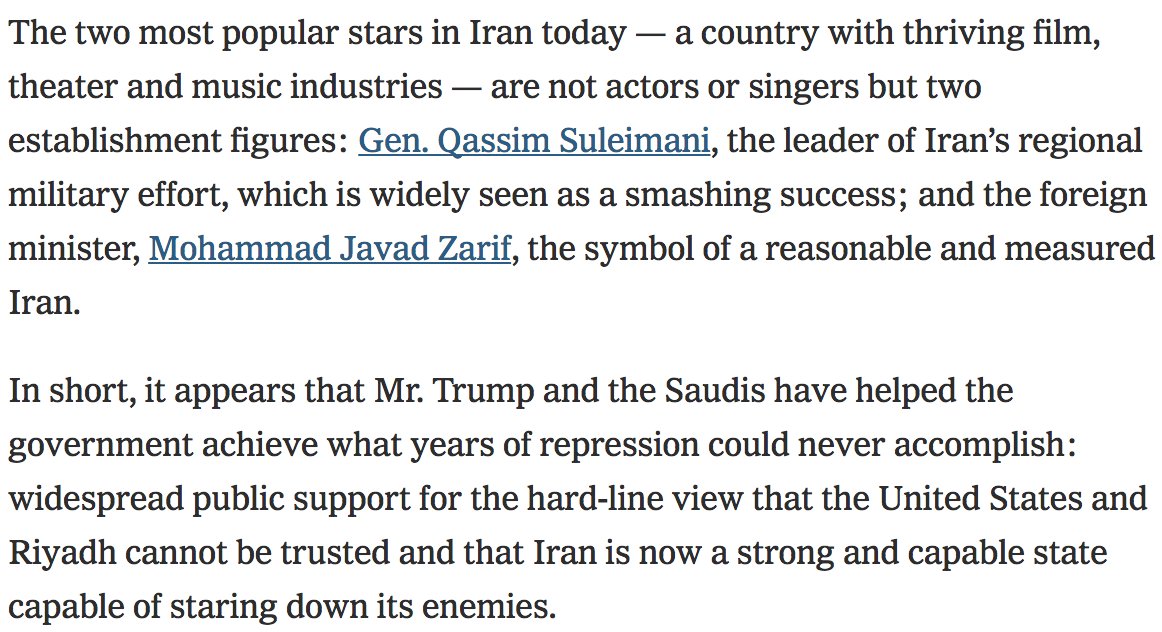A few preliminary thoughts on the #Israel|i strike on the #Iran|ian diplomatic facility in Damascus, Syria:
1. According to #IRGC public relations seven of its personnel (including its senior most general in Lebanon and Syria) were killed. 1/

1. According to #IRGC public relations seven of its personnel (including its senior most general in Lebanon and Syria) were killed. 1/
https://twitter.com/alihashem_tv/status/1774823653940588863

This takes the total number of #Iran|ian personnel killed by #Israel in #Syria since 7 October 2023 to 16.
2. In November 2023 Iran's FM said killing of its personnel there would not go unanswered but it's unclear if there has been any direct retaliations for these deaths. 2/
2. In November 2023 Iran's FM said killing of its personnel there would not go unanswered but it's unclear if there has been any direct retaliations for these deaths. 2/

3. Some important context is that dozens of #IRGC officers have been killed by #Israel in #Syrial since 2013 as part of the Israeli "campaign between wars" (not to mention a larger number of Axis of Resistance fighters and missile, air defense, and other infrastructure). 3/
(I'm working on a data-set on the pre-07 October "campaign between wars" to be able to do a better analysis of the objectives, scale, and results of this campaign but that's a long-term project). 4/
4. Bottom line: While the numbers/seniority of the personnel killed might push #Iran to carry out a bolder attack on #Israel or its personnel abroad I don't see a major direct strike coming from Iran itself b/c it doesn't want to invite a direct Israeli attack on Iran's soil. 5/
5. Of course it will continue and maybe scale up attacks on #Israel from #Iraq and/or #Yemen or its personnel elsewhere (but probably not by in #Lebanon given conflict dynamics or Syria because of its limited capabilities and vulnerability to Israeli tactical air power). 6/
6. Ultimately, however, #Iran is wary of a direct confrontation with #Israel (that could draw in the United States) and does not appear to have the appetite for a large-scale regional war. 7/
7. But this creates the major risk for #Iran that #Israel will have the time and space to dismantle the Axis of Resistance fronts one by one (possibly with the direct support and even participation of the next US administration) once major operations in #Gaza are complete. 8/
Actually, many signs since 7 October point to #Israel undertaking preparations for a major campaign in Lebanon, and that day's events probably necessitate that Israel SOMEHOW majorly change regional security and political dynamics lets survival is at stake long-term. 9/
8. The dismantling of one or more Axis of Resistance fronts would seriously undermine Iranian offensive and defensive capabilities in the region and could (especially under the next leadership) change its nuclear proliferation and/or regional security calculus. 10/
If you're interested in learning more about #Iran's relationship with the Axis of Resistance, I highly recommend my recent piece on the factors shaping Iranian control and influence on this network 👇 11/11
https://x.com/IranWonk/status/1761077626519601271?s=20
• • •
Missing some Tweet in this thread? You can try to
force a refresh









